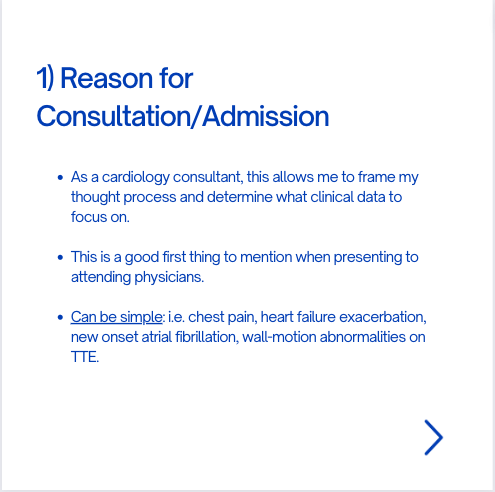3 concepts and ideas that can be applied to life both within and outside of medicine.
#MedEd #MedTwitter #personalgrowth
-thread 🧵-
#MedEd #MedTwitter #personalgrowth
-thread 🧵-
1) Consistency --> Motivation.
- The more consistent you are with any action (reading, working out, meditation), the more motivated you will become to continue that action. Innate motivation can be temporary.
- Use Newton's 1st law of motion; an object in motion stays in motion
- The more consistent you are with any action (reading, working out, meditation), the more motivated you will become to continue that action. Innate motivation can be temporary.
- Use Newton's 1st law of motion; an object in motion stays in motion
2) Adversity --> Stretching Limits --> Growth
- During medical training you will be pushed to your limits (mentally, physically, emotionally).
- Many times you will doubt your abilities. Use every learning opportunity to stretch, grow, and expand your horizons.
- During medical training you will be pushed to your limits (mentally, physically, emotionally).
- Many times you will doubt your abilities. Use every learning opportunity to stretch, grow, and expand your horizons.
3) Repetition --> Competence --> Confidence
- A common theme of successful med students, residents, and physicians is the number of repetitions.
- As you see more pathology or study more questions, you will become more knowledgeable. Trust in your preparation and the process.
- A common theme of successful med students, residents, and physicians is the number of repetitions.
- As you see more pathology or study more questions, you will become more knowledgeable. Trust in your preparation and the process.
Remember the skills obtained within a career of medicine are easily transferrable to a successful life OUTSIDE of medicine: grit, hard work, persistence, patience, perseverance.
Use the skills you have mastered within medicine to create success outside of hospital as well!
Use the skills you have mastered within medicine to create success outside of hospital as well!
• • •
Missing some Tweet in this thread? You can try to
force a refresh














